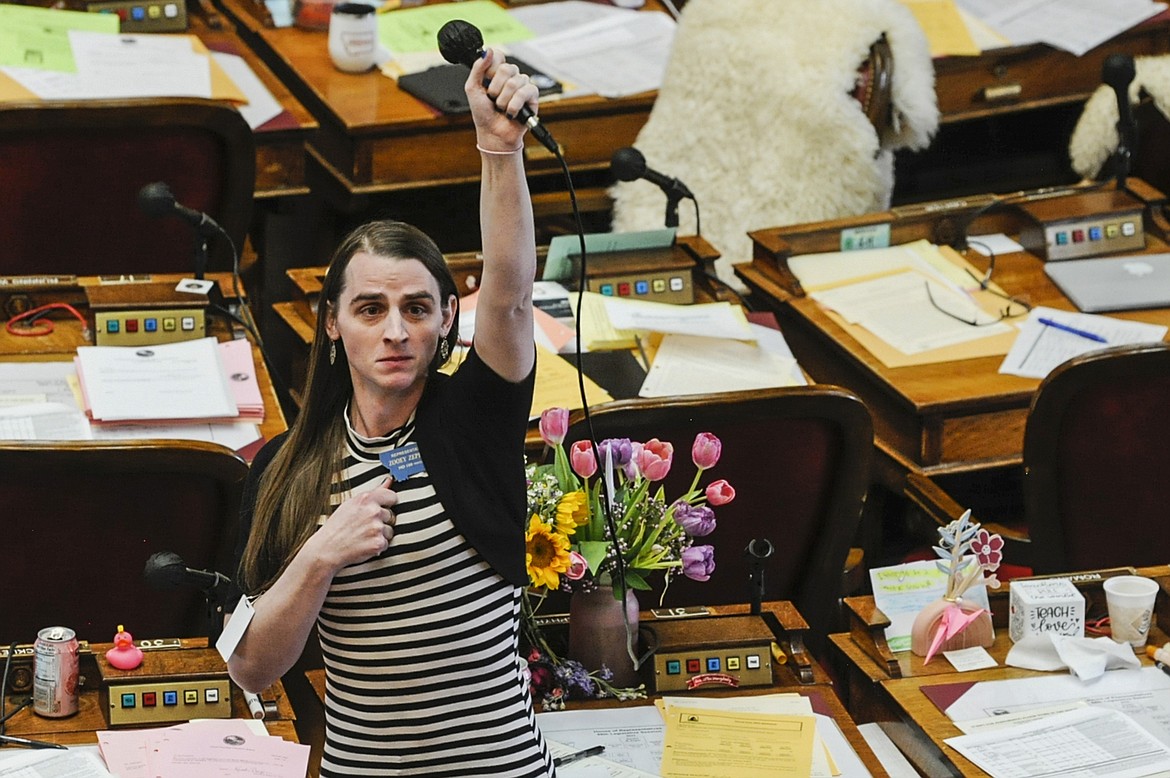Decision to bar Zephyr an avoidable outcome
An unprecedented week at the state capitol last week drew the attention of the nation when Democrat Rep. Zooey Zephyr was barred from the House floor and from participating in debates for the remainder of the session....
Support Local News
You have read all of your free articles this month. Select a plan below to start your subscription today.
Already a subscriber? Login
Daily Inter Lake - everything
Print delivery, e-edition and unlimited website access
- $26.24 per month
Daily Inter Lake - unlimited website access
- $9.95 per month

